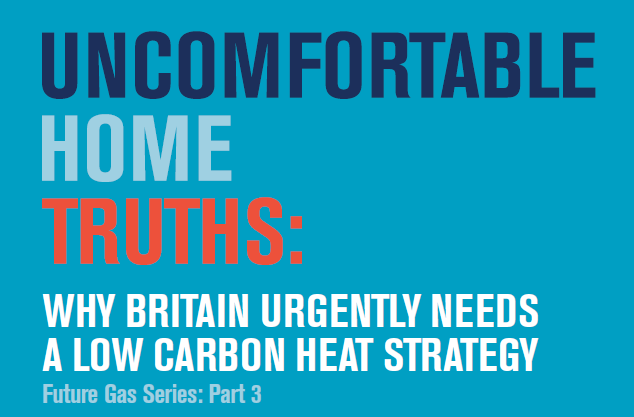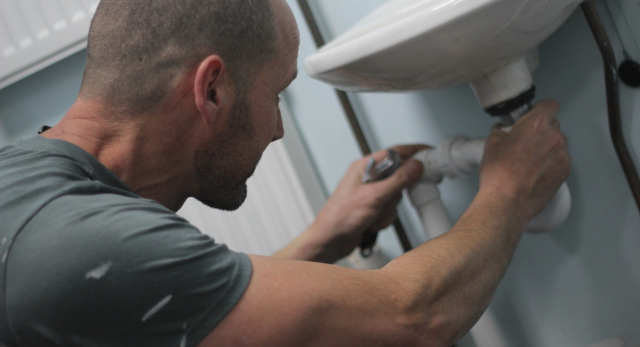A new report has highlighted the pivotal role of gas installers in de-carbonising heat and urged the government to invest in the up-skilling of UK gas installers as a matter of urgency.
“Uncomfortable Home Truths – Why Britain urgently needs a low carbon heat strategy” is the third instalment in the Future Gas Series from Carbon Connect. It’s based on a year-long inquiry exploring the implications of a transition to low carbon heat for UK households and is backed by MPs and sponsored by Baxi Heating, the Energy and Utilities Alliance (EUA), and the Institution of Gas Engineers and Managers (IGEM).
The report states that there is an urgent need for a nationwide up-skilling and accreditation of gas installers, equipping them with the knowledge and skills required to explain and install low carbon heat technologies, including hydrogen boilers, heat pumps and hybrid heat pumps.
Why are gas installers so important?
The report points out that gas engineers and installers are a highly trusted source of advice for householders.
Meeting customers face-to-face every day, installers are very much the face of the industry and have proved crucial in getting the public on board with previous transitions within the heating sector, including the move to condensing boilers.
According to the report, consumers are “still in the dark about smarter, greener heating solutions and lack access to independent advice to help them make better decisions for their homes, pockets and the planet”. As low carbon solutions start to be rolled out, gas installers are likely to be highly influential in keeping customers fully informed, advised and engaged.
What needs to be done?
Another key finding of the report is that a central “Olympic-style” delivery body is needed to coordinate the national transition to low carbon heat for homes, and to incentivise and scale regional and local leadership.
The up-skilling of UK gas installers is a crucial part of this and the government should work with industry, training centres and certification bodies to develop and deliver training modules that meet this urgent demand.
Training should embed the core knowledge of the gas installer into relevant vocational and professional pathways, leaving gas installers fully qualified to install low carbon heating technologies to a high standard as well as providing objective explanations to homeowners as to their options.
Uptake should be strongly encouraged amongst current gas installers and there is a case for government to subside the training.
Finally, the report recommends that training should be regionally specific, so that skills of local tradespeople match the mix of heating technologies most suitable for their local area.
Calling future heating and gas installers!
The future is bright for gas installers. Currently 85% of our homes are heated by gas and this work is not going to disappear overnight. As we transition to low-carbon heating over the next 30 years, gas installers are perfectly positioned to build on their existing skills to become the multi-skilled heating engineers of the future.
Whether you’re a new entrant or you have experience from working in a related trade, Logic4training can help you get on course to becoming a gas installer.
Click here to find out more about Logic4training’s gas training and qualifications.









